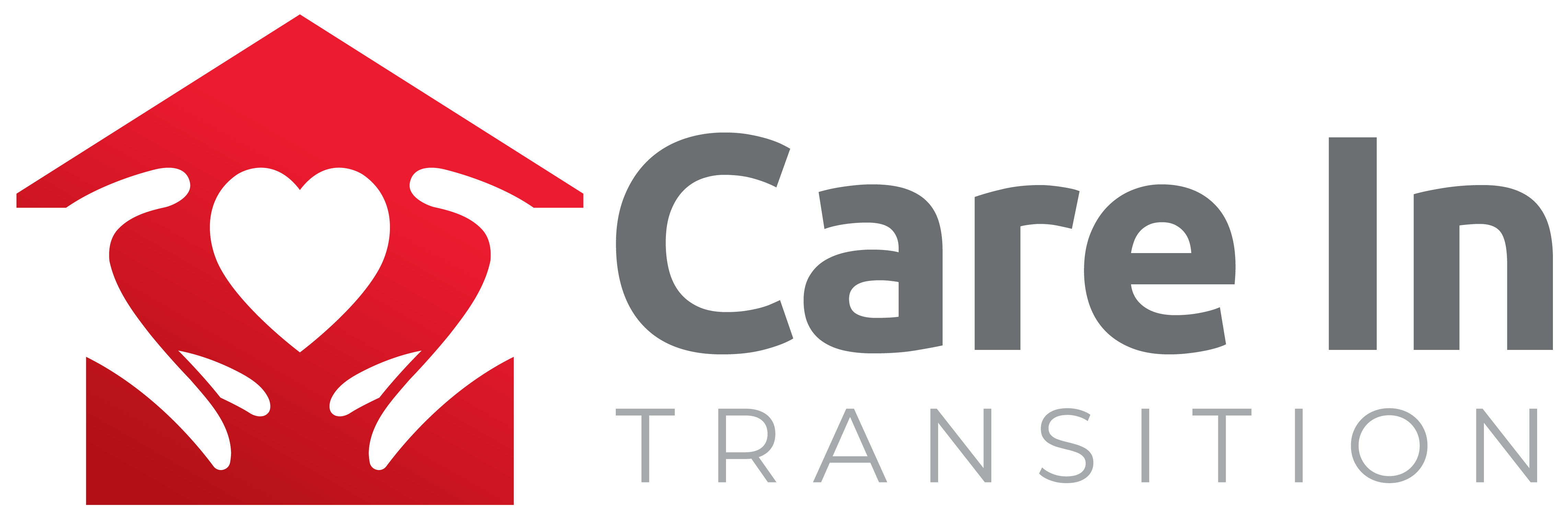EXPERTISE &
EXPERIENCE
The American Case Management Association is a committed leader in
educating and developing leading practices for Health Care Delivery System
Case Management and Transitions of Care Professionals.
The Committee Ensured
the Standards are:
- Realistic and forward-thinking
- Able to be implemented across all care settings
- Flexible enough to keep pace with rapidly
evolving care delivery models
MEET Dr. Yasmeen Agha
Dr. Yasmeen Agha M.D. is a board-certified Family Medicine trained doctor in
San Antonio, TX, offering state-of-the-art care for patients with chronic
disease management, preventative medicine and diabetes medicine.
Dr. Agha earned her medical degree at the American University of Antigua,
completing her residency at University of Texas Health Science Center San
Antonio, TX. Dr. Agha and her team can provide personalized
comprehensive and accessible healthcare for her patients and prevention of
future hospital visits. On her spare time, Dr. Agha enjoys spending time with
her family, traveling and host gathering with her friends.


Care in Transition
Personalized Coordinated Care to Help You Recover Safely
If you or a loved one is leaving the hospital soon, it’s important to know that the transition from
the hospital to home can be a challenging time. In fact, approximately 18%1 of patients that
discharge from a hospital setting are rehospitalized within 30–days of discharge. That is where
Care in Transition (CIT) comes in. CIT provides evidenced–based Transitional Care
Management (TCM), a patient focused program that provides coordinated care and support to
patients who are transitioning from the hospital to home (or community setting).
What is Transitional care Management (TCM)
Transitional Care Management or TCM, is a preventive wellness initiative from Centers for
Medicare & Medicaid Services (CMS) designed to improve healthcare delivery during a patients
transition from inpatient care to a community setting over a 30–day period post hospitalization.
Because this transition period from hospital to home can often be complicated, TCM is vital for
patients discharged from the hospital, especially those who are at a higher risk of complications,
such as those with chronic conditions or complex medical needs.
Goals of TCM
TCM aims to help you:
. Stay safe and stable at home to avoid unnecessary visits to the hospital;
. Set goals for your health;
.Prepare for routine visits to your primary care doctor;
. Answer questions and concerns you may have regarding your condition(s);
. Learn about your symptoms and how to treat them; and
. Teach you about your health condition and your medications
How Does TCM Work?
A Transitional Care Nurse Specialist will visit you at the hospital or at home to confirm
eligibility and explain the benefits of the program. Then a home nurse visit will be set up to
evaluate your needs.
1 Ottenbacher KJ, Karmarkar A, Graham JE, Kuo YF, Deutsch A, Reistetter TA, Al Snih S, Granger CV. Thirty–day
hospital readmission following discharge from postacute rehabilitation in fee–for–service Medicare patients. JAMA.
2014 Feb 12;311(6):604–14. doi: 10.1001/jama.2014.8. PMID: 24519300; PMCID: PMC4085109.
To be eligible for TCM, you must meet the following criteria:
You are leaving the hospital and going home or to a nursing facility, or to a community–
based residential setting;
You require medical care and follow–up within 7 or 14 days of your discharge, depending
on your medical condition(s); and
You are enrolled in Medicare Part B
If you meet eligibility for TCM services, you may receive:
An initial contact with you within 2 business days of your discharge from the hospital;
Medical decision–making of moderate or high complexity during the transition period;
Face–to–face visits with you within 7 or 14 days of discharge; and
Non–face–to–face services, such as care coordination and medication management
Care In Transition (CIT)
CIT is an evidenced–based personalized transitional and chronic care management physician–
driven service. Based in San Antonio, CIT provides rehospitalization prevention and primary
care support for patients who have recently been discharged from the hospital or other facilities
as qualified by the CMS to ensure there are no gaps in patient care.
